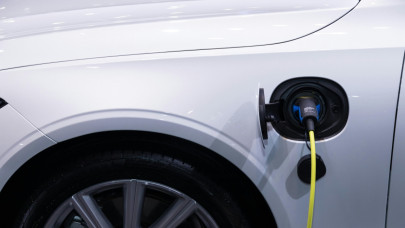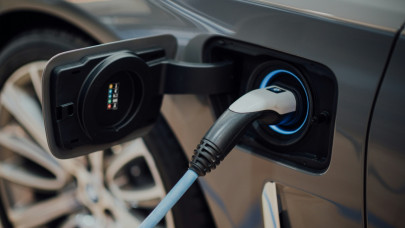In line with the Zero Pollution ambition of the European Green Deal, the revised Directive will result in less emissions from large industrial installations and pig and poultry farms. This will ensure a healthier environment for people and the planet while spurring innovation, rewarding frontrunners, and providing the industry with a level playing field on the EU market and improved investment certainty.
This modernized law will help guide industrial investments necessary for Europe's transition towards a cleaner, carbon-neutral, more circular, and competitive economy.
By 2050, implementing the revised Directive is expected to reduce emissions of key air pollutants (PM2.5, SO2, NOX, and NMVOC (non-methane volatile organic compounds)) by up to 40% compared to 2020.
It is the first EU environmental law to enshrine the right of people to seek compensation for damage to their health caused by illegal pollution.
Stronger rules for tackling emissions
The revised law will cover additional sources of emissions and streamline the granting of operating permits for the concerned industrial installations and farms.
The updated rules will make emission limit values stricter, mandate electronic permitting, reduce administrative costs, and tighten conditions on granting derogations.
They will also introduce more dissuasive penalties (worst infringements can be sanctioned by fines of at least 3% of the annual EU turnover of the legal person) and more powers for competent authorities to suspend the operation of non-compliant installations.
The inclusion of metal mining and the large-scale manufacturing of batteries will reduce pollution from these sectors, thereby helping to improve public acceptance and lower investment risks.
The coverage of intensive pig and poultry farms will be increased (excluding organic pig farming). This will be key to reducing nitrogen pollution. These farms will be subject to a lighter permitting regime allowing for a simple registration. The operating rules applying to the sector will be defined transparently and inclusively, reflecting the size of farms, as well as the density of livestock.
The new rules include the adoption of the best available techniques for waste landfills.
The updated law will provide new and stronger tools for circular economy and resource efficiency. It will also tackle chemical pollution so that less toxic alternatives to hazardous substances are used in industrial processes.
Promoting innovation for the benefit of more industrial installations
EU frontrunners in industrial innovation will benefit from flexible permitting rules to test more environmentally performing techniques.
An Innovation Centre for Industrial Transformation and Emissions (INCITE) operated by the Commission's Joint Research Centre will gather information on innovative pollution prevention and control solutions and transformative technologies. INCITE will look at both environmental and economic aspects and make the information available using a dedicated public online platform, providing insights that would otherwise not be available on an EU-wide basis.
Industries will have to develop transformation plans, describing how their installations will progress towards decarbonization, zero pollution, and a circular economy.
Protecting citizens: Breakthrough for the right to compensation
The revised Directive recognizes for the first time in EU environmental law the right to seek compensation for damage to their health caused by illegal pollution. Accountability is also significantly increased through greater public participation in the permitting process, improved access to justice, and better access to information.
The new Industrial Emissions Portal Regulation (IEPR) entered into force on 22 May 2024. It will enhance access to environmental data, allowing citizens to gain insight into permits issued in the EU and on polluting activities in their immediate surroundings.
The Portal website will provide more comprehensive information on industrial installations, streamline electronic reporting by IED operators, and improve the geolocated monitoring of emissions and resource use.












